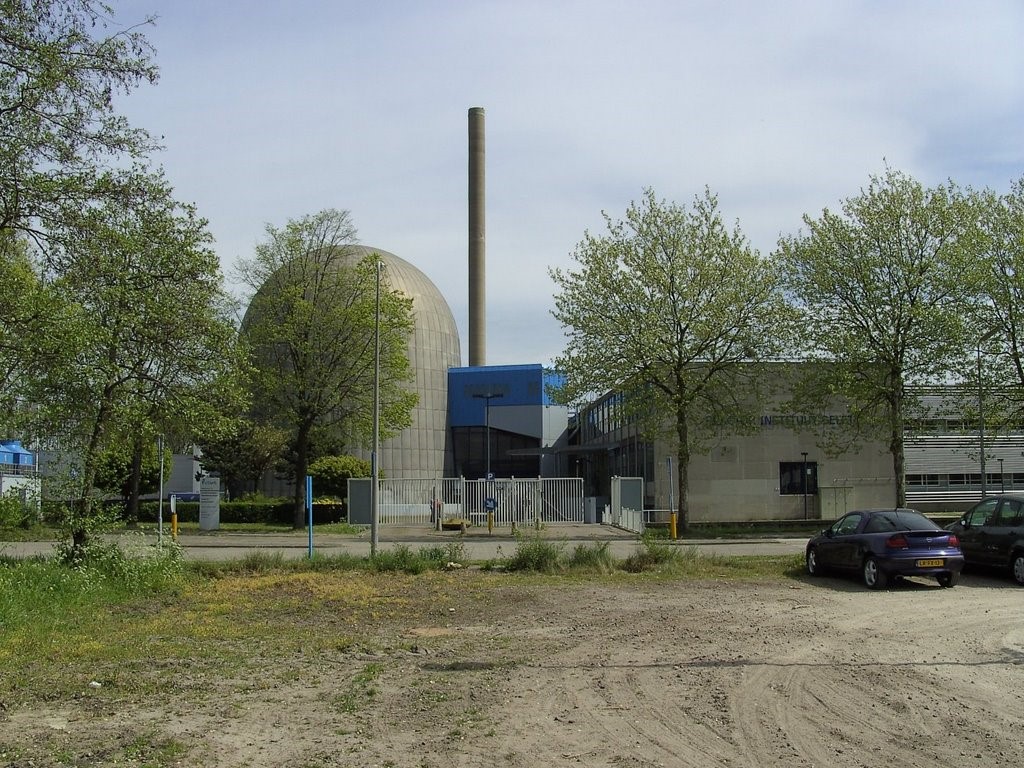TUD
TUD
The Reactor Institute Delft (RID), part of Delft University of Technology, is a university-based nuclear facility, as such the only one in the Netherlands, and is dedicated to both research and education. Together with the research department Radiation, Science & Technology (RST) it is the Dutch knowledge centre for radiation-related research and education and forms an independent knowledge base for Dutch society.
Science and technology at RID
The research programme at RID aims at advancing understanding in (nuclear) radiation phenomena, thereby engineering and applying these insights in societal-relevant research issues in Health and Energy. Energy research includes reactor systems of the fourth generation and beyond, and material studies on tailored materials for energy production, saving, storage and conversion. Health research comprises functional materials for imaging (scintillators), imaging detectors and complete imaging systems (SPECT and PET), the use of radiation and radionuclides for microscopic structural studies, diagnostics and therapy, and innovative production routes of relevant radionuclides.
RID operates a unique research facility: the HOR nuclear reactor. This is a small pool-type research reactor (2 MW). The reactor is not built to produce electrical power, but is a source of neutrons and positrons for research purposes and brings together the national expertise in neutron and positron radiation and reactor physics. It also forms the basis for its unique role as national knowledge center for academic radiation associated research and teaching.
Partnering with ESS
In BrightnESS, RID is involved in Work Package 2: Strengthening In-Kind Contribution and Coordination. More specifically, RID is occupied with Task 2.4, which is about the creation of an In-Kind Contributions network of Regional Hubs. RID is also part of Work Package 6: Collaboration, Communication and Dissemination
RID continually invests in improved methods and techniques to promote cutting-edge research. Started in 2012, The OYSTER investment programme (Optimized Yield for Science, Technology and Education of Radiation) enables RID to work with neutrons on an international level and serves as the platform for its cooperation with ESS. With the OYSTER programme, the Delft research reactor will become more precise and more versatile in order to meet future needs coming from the scientific and industrial communities.

The reactor building at the Reactor Institute in Delft, part of the Technical University in Delft.


 is funded by the European Union Framework Programme for Research and Innovation Horizon 2020, under grant agreement 676548.
is funded by the European Union Framework Programme for Research and Innovation Horizon 2020, under grant agreement 676548.